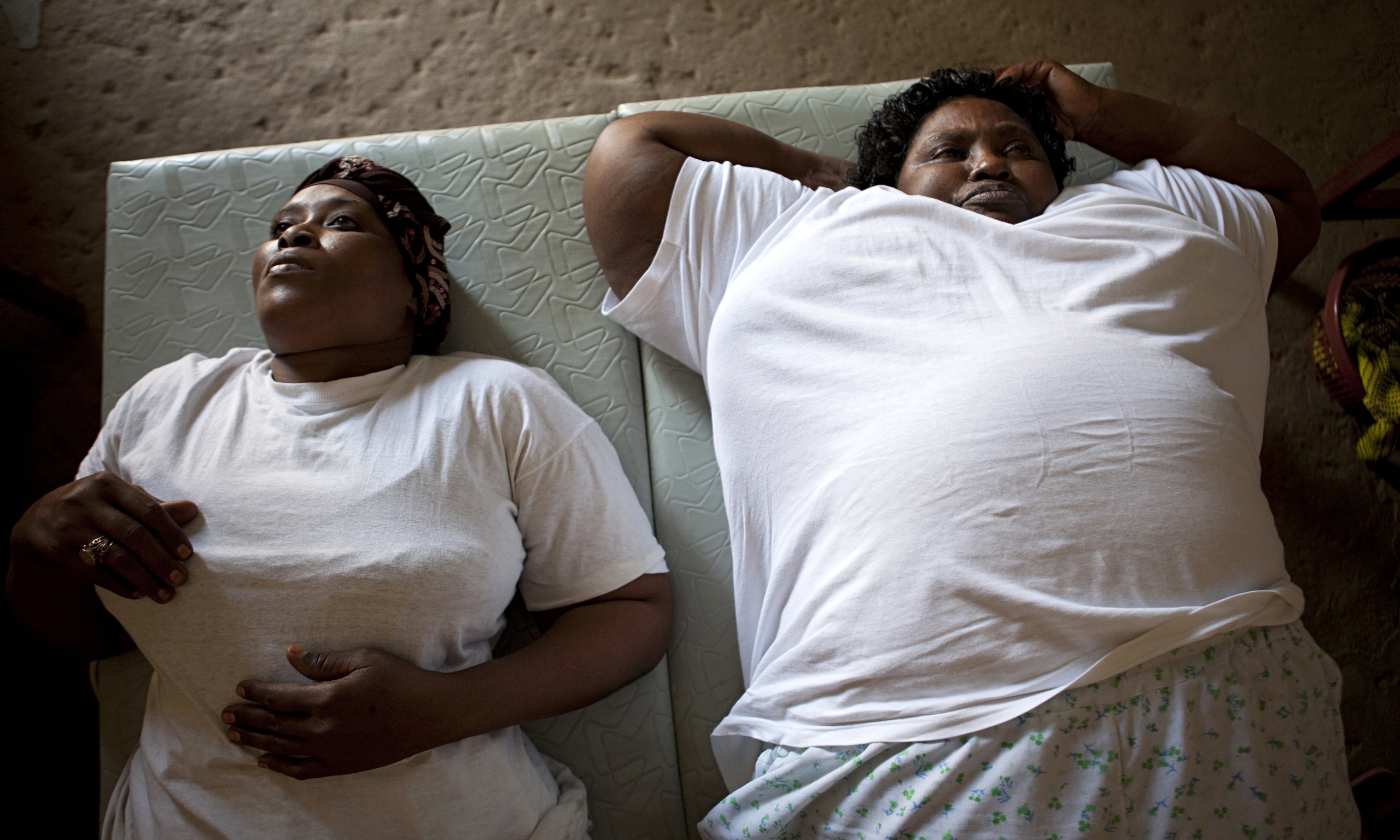
Obesity: Africa’s new crisis?

Everything is getting faster. Trains have sped up, internet connection’s quicker and change is happening at a pace difficult to keep up with. Among this hastening world, food has also become “faster”.
High-in fat fast foods have kickstarted a global obesity phenomenon, which stretches from the burger bars in downtown L.A. to the drive-thru’s in South Africa. An energy imbalance between calories consumed and calories expended, teemed with an increase in physical inactivity, has had a contagious effect on the world population.
The World Health Organisation (WHO) states that at least 2.8 million people die each year as a result of being overweight or obese, and an estimated 35.8 million (2.8 percent) of global DALYs (a measure of overall disease burden, expressed as the number of years lost due to ill-health, disability or early death) are caused by overweight or obesity.
The normality of overweight and obese children living on the African continent alone has surged from 4.8 percent to over 6 percent in the last 25 years, a report from the World Health Organisation found. The number of these children has doubled, from 5.4 million to 10.3 million.
The greatest increase in the number of overweight and obese children is thought to be coming from low- and middle-income countries. Almost half of these children live in Asia, and a quarter live in Africa.
A shocking landmark survey in South Africa also revealed that around half of its population over the age of 15 were overweight or obese.

This trend is thought to have come from rapid changes in lifestyle, as the continent rides the wave of urbanisation, more people are shifting from rural areas to cities. Trading manual work for desk-jobs, bicycles for cars. Children are getting less physical exercise and in-turn, eating more American-styled diets high in sugar, fat and salt.
Experts have also blamed a lack of education on the dangers of overeating and obesity. The fact that it is more than a physical transformation, but also a mental issue.
Paradoxically, the WHO report suggests that malnutrition in early childhood puts kids at a particularly high risk of developing obesity later if diet and exercise patterns change.
“Many countries now face the burden of malnutrition in all its forms, with rising rates of childhood obesity as well as high rates of child under-nutrition and stunting,” the report says.
“The obesity epidemic has the potential to negate many of the health benefits that have contributed to the increased longevity observed in the world.”

There are many health risks that are synonymous with obesity. The Daily Mail UK suggests that being obese or overweight heightens the risk of at least seven types of cancer, including breast, bowel, pancreatic, womb, kidney and gall-bladder cancer.
The WHO cites raised BMI as a major risk, including cardiovascular diseases, diabetes and musculoskeletal disorders.
Obesity in children can lead to premature death and disability in adulthood. They are thought to be more at risk to developing breathing difficulties, increased risk of fractures, hypertension, early markers of cardiovascular disease, insulin resistance and psychological effects.
Sania Nishtar, co-chair of the WHO commission, also states that obesity can have an impact on a child’s educational success, as well as serious health and economic consequences later in life.
Reports have called for governments to start doing more to promote healthy food and exercise throughout their nations. With such an incline of people becoming overweight or obese, it is clear that a review on how the government educates people on living healthily is needed.
Not only is one-third of the planet’s population too fat, not one of the 188 nations that has been studied has managed to successfully reduce obesity levels.






